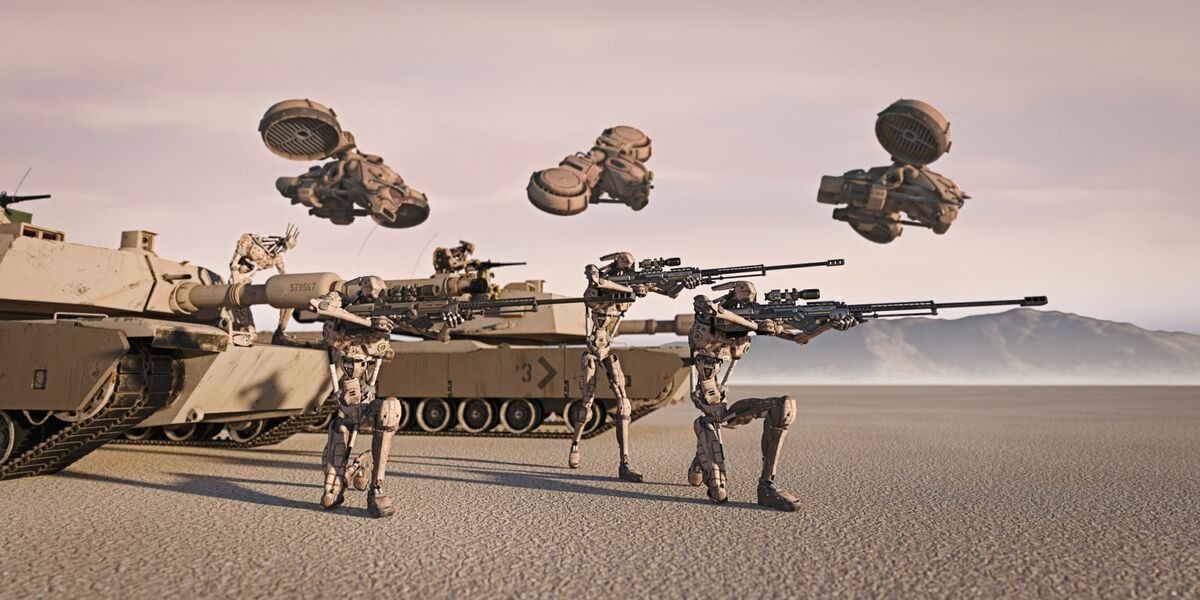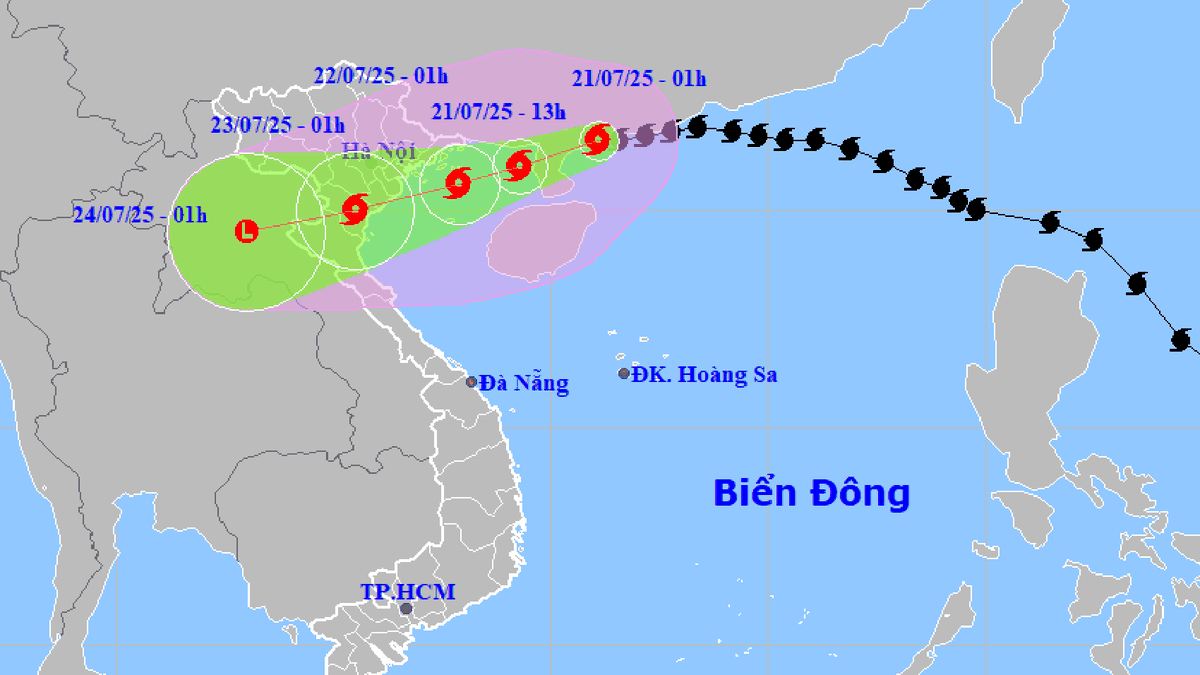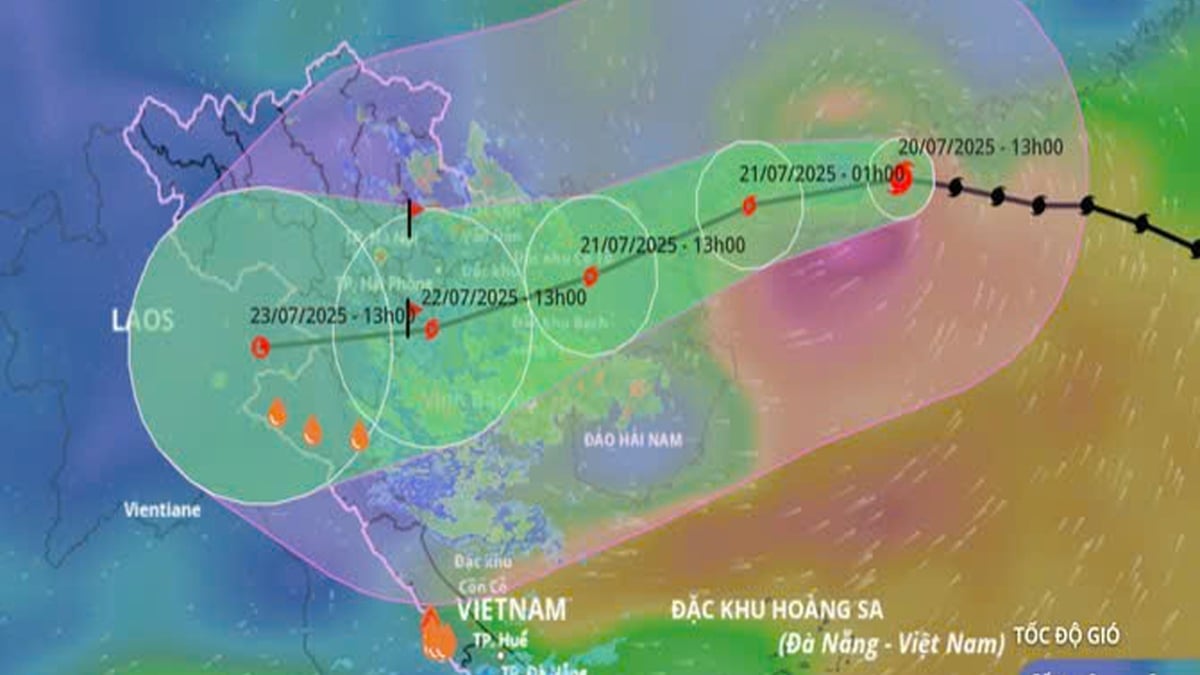 |
| Simulation of a future war involving AI. Illustration photo. (Source: Bloomberg) |
AI increases the automation factor, thus it has the potential to make future wars much more brutal.
Speaking at a meeting in the US Congress , Mr. Alexandr Wang, director of the US company Scale AI, said that AI can quickly synthesize huge amounts of information data collected by satellites, radars, sensors and spy activities, thereby providing AI users with real advantages.
"We have the largest military software in the world, capable of processing 22 terabytes of data per day. If we can leverage the capabilities of AI, we can create a huge advantage when applying AI to military operations," he said.
The character also revealed that Scale AI has a top secret contract with a large unit of the US military. Scale AI's chatbot, called "Donovan", allows unit commanders to plan and act in minutes instead of weeks.
Robots, drones, torpedoes... and all kinds of weapons can be transformed into autonomous systems thanks to complex sensors managed by AI.
However, “autonomy does not mean that a weapon can decide to start a war on its own,” explains Stuart Russell, a professor of computer science at the University of California at Berkeley.
Autonomous weapons have several potential advantages when attacking an enemy. They can be more effective and are cheaper to produce.
Submarines, warships and aircraft can operate autonomously, enhancing reconnaissance, surveillance or logistical support in remote or dangerous areas.
These vehicles are at the heart of the US Department of Defense’s “Replicator” program, which aims to deploy thousands of cheap, easily replaceable vehicles in areas ranging from the seas to outer space.
Several US companies are also developing and testing autonomous vehicles, such as California-based Anduril, which uses underwater vehicles to conduct defense and commercial missions, including installing long-range oceanographic sensors for anti-submarine warfare, measuring seabed topography, and mining.
Source



























![[Photo] National Assembly Chairman Tran Thanh Man visits Vietnamese Heroic Mother Ta Thi Tran](https://vphoto.vietnam.vn/thumb/1200x675/vietnam/resource/IMAGE/2025/7/20/765c0bd057dd44ad83ab89fe0255b783)




































































Comment (0)